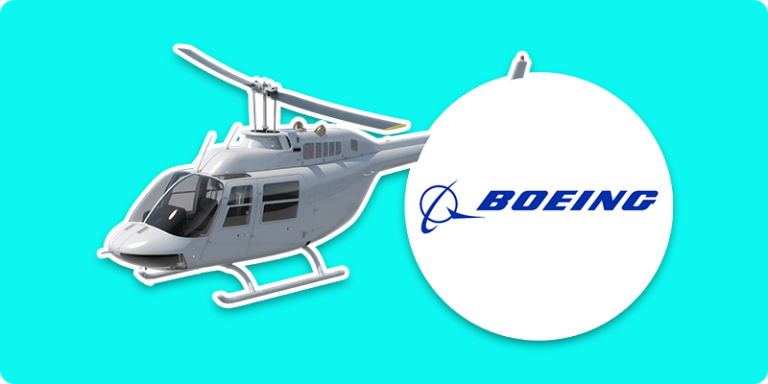Electric Flight The Near Future Alongside Electric Air Transportation
Although the world remains focused on the slow yet advancing electric car takeover, there is another domain of transportation that has quietly begun its own shift into electric. By the end of the current decade, analysts suspect electric air transportation will enter the mainstream as a disruptive technology to the current commercial flight models. One of the largest aerospace events, the Singapore Airshow, just occurred last week, highlighting the emerging technologies we may see throughout the industry. Some of the tech of great significance were the airshow electric air transport vehicles, embodied through various forms like defense jets, passenger airliners, and other aviation equipment. Currently, some of the biggest players seem to be Boeing-owned Wisk, Hyundai-owned Supernal, and Embraer.
Among the mix of the craft were eVTOLs, which are vertical take-off and landing vehicles used similarly to air taxis. The innovative craft is so promising that firm Lilium, backed by Tencent, announced a customer service organization that can offer battery management, maintenance, and more for the eVTOL industry. Currently, some of the companies developing these aircraft will seek to attack American and Asian markets, with Wisk already seeking regulatory approval in the U.S. Both Japanese and South Korean airlines have already struck deals with Wisk and Supernal with hopes to create infrastructure for eVTOLs in the next several years. Different than that of the commercial aviation space, some believe the eVTOL industry may also play out like automotive industry rather than having two major players dominate an entire market. With hopes remaining high, innovative tech outside of artificial intelligence continues to inspire the creation of brand-new markets and industries.



